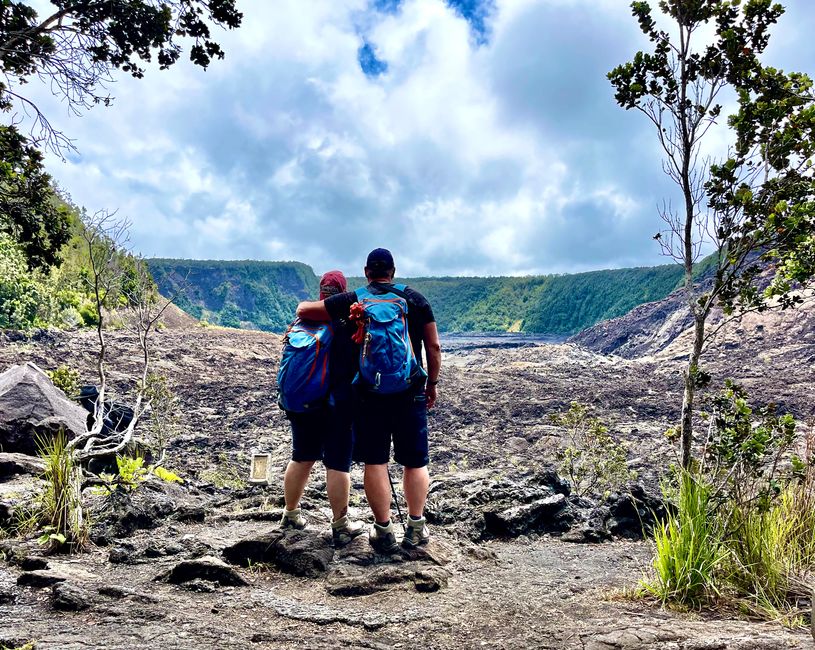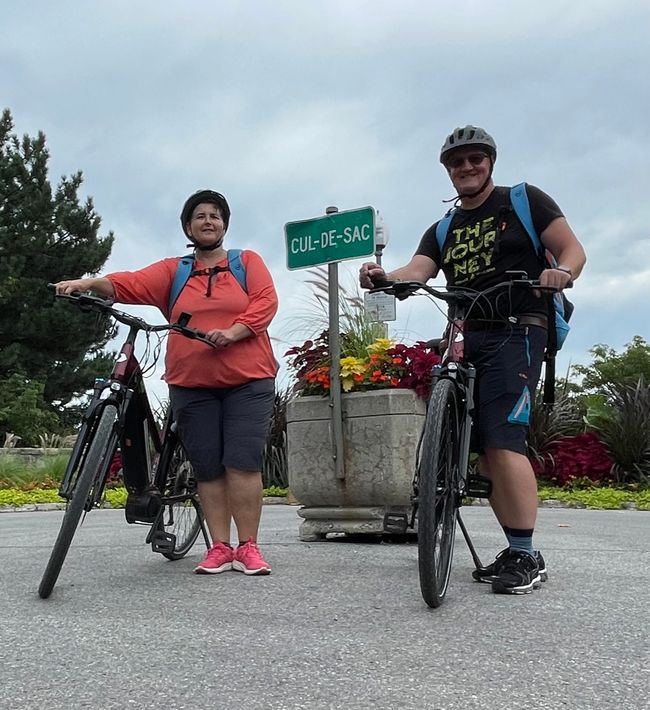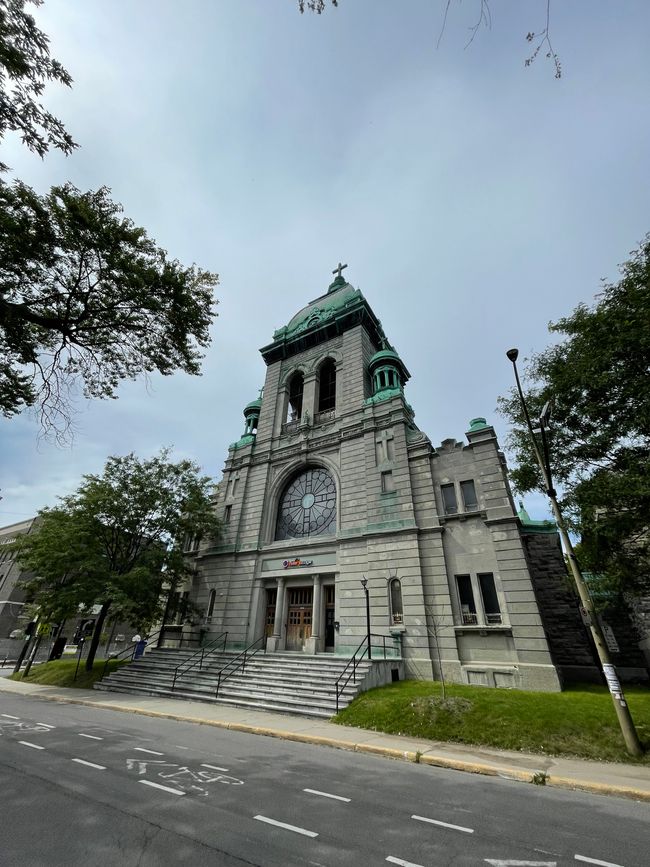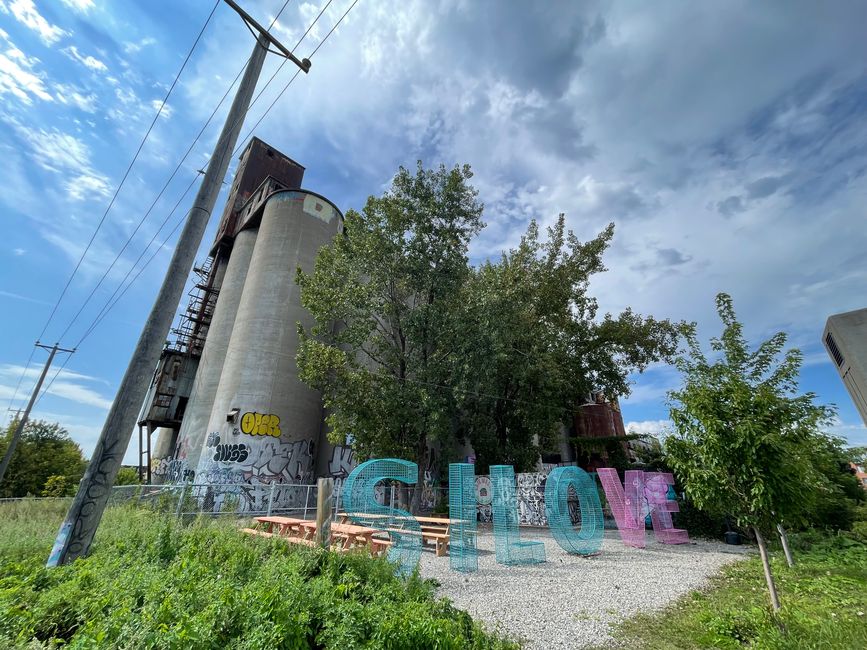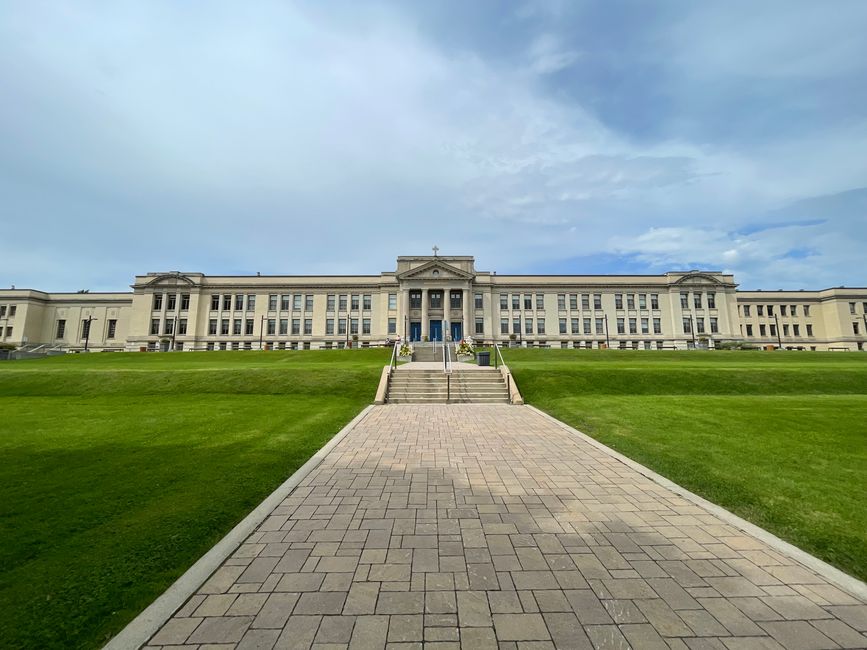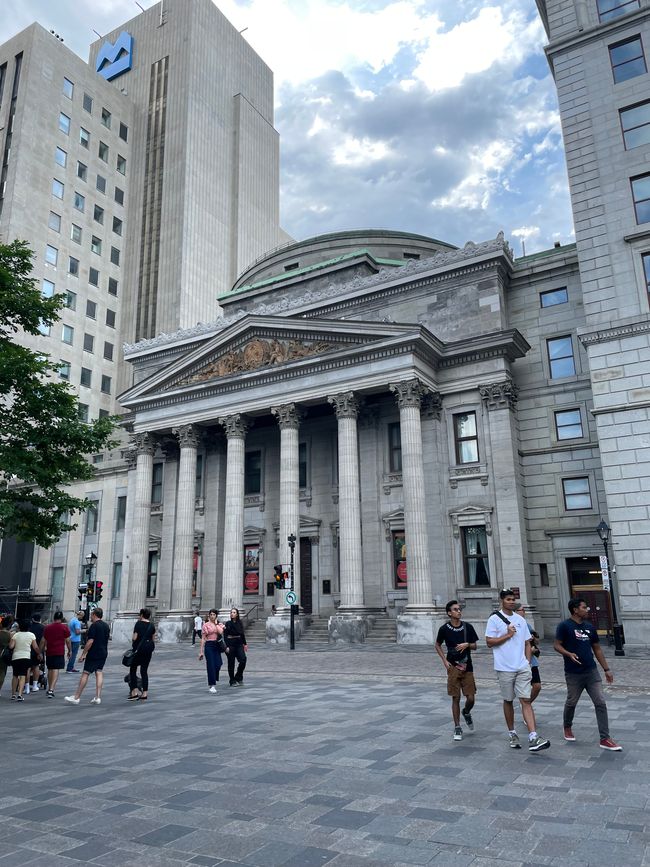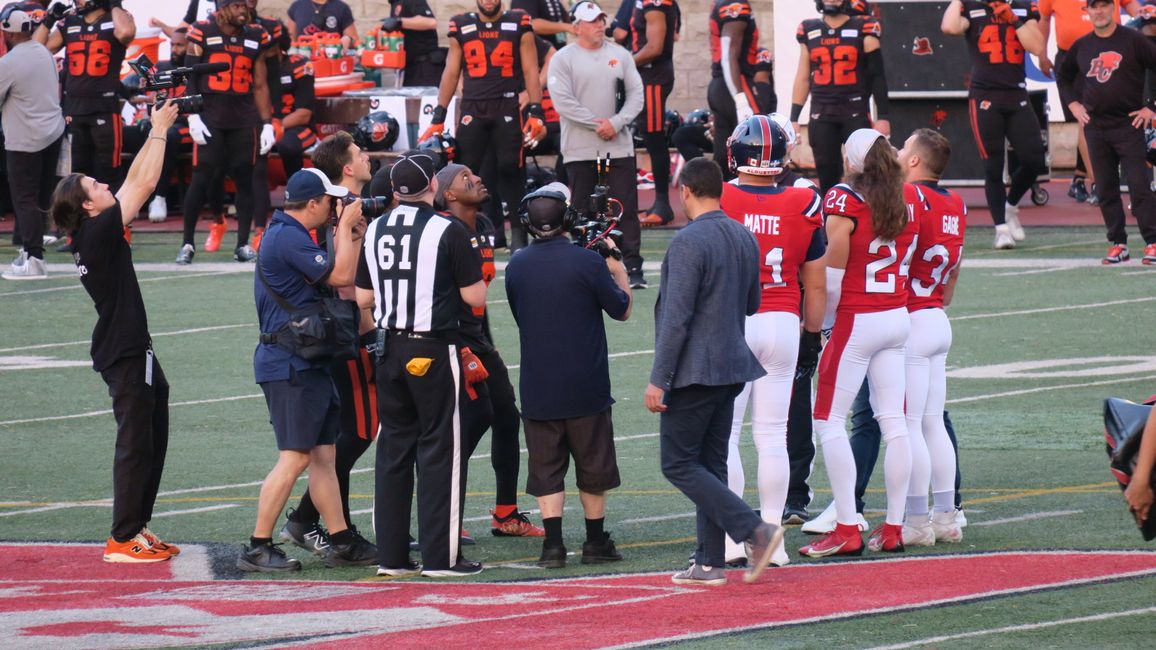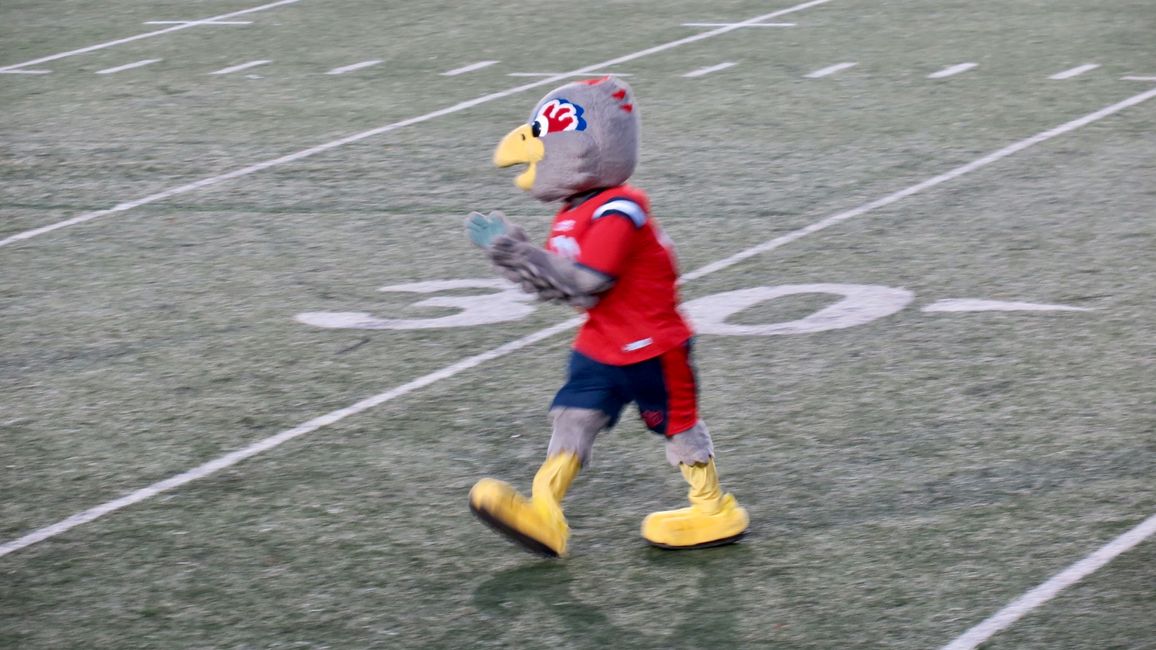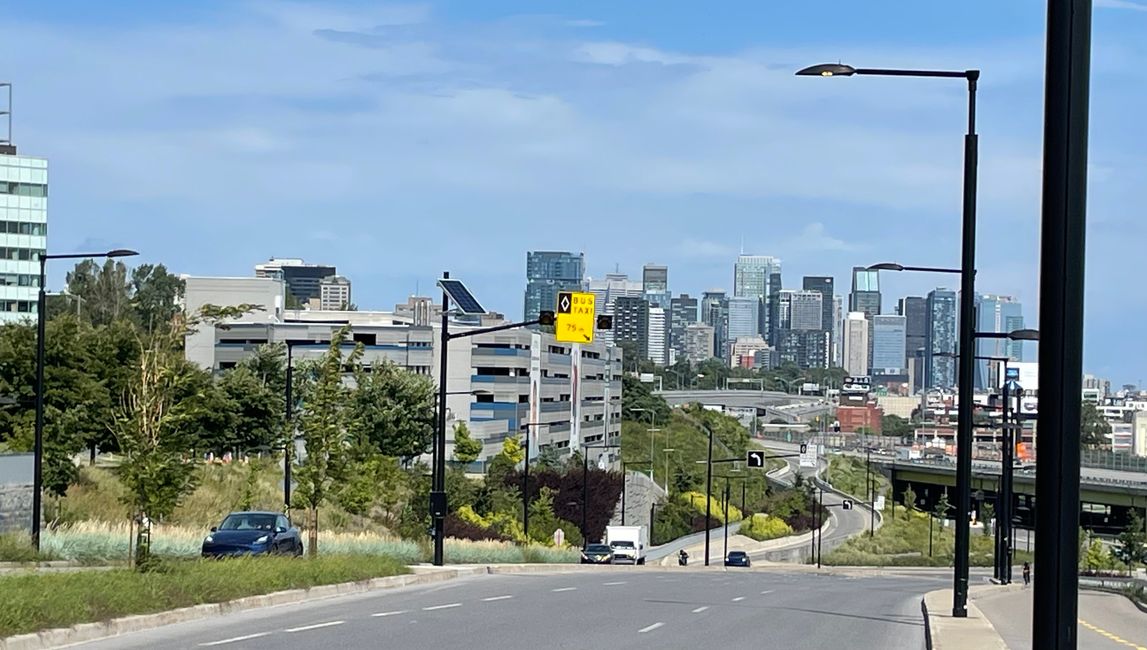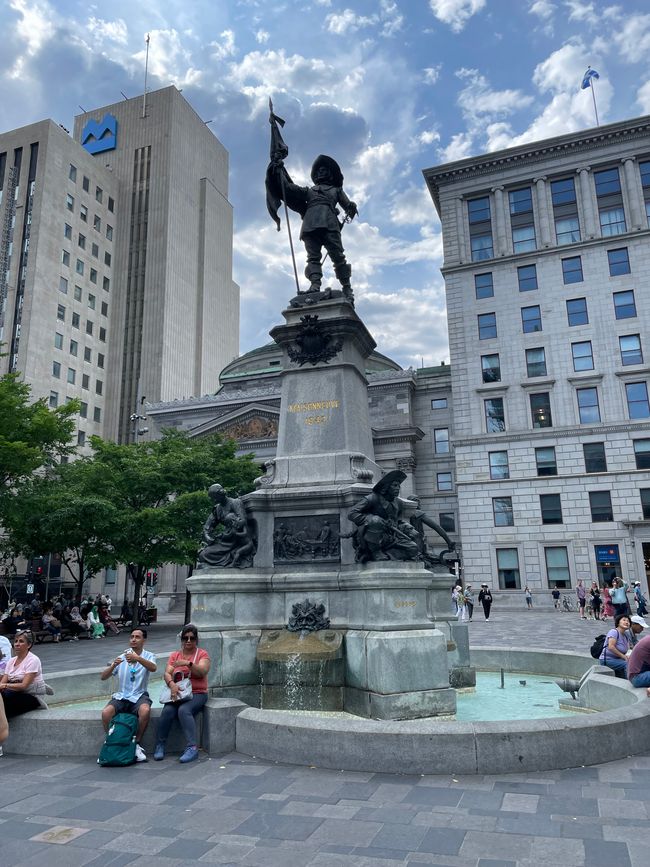Bicycle
Nai-publish: 04.09.2023
Mag-subscribe sa Newsletter
Today we explore Montreal - by bike.
Facts
Montreal, the largest city in the Canadian province of Quebec, is located on an island in the Saint Lawrence River. The city is named after the Mont Royal mountain range. It is the second most populous city after Toronto (today has around 1,763,000 inhabitants) and the largest French-speaking city in America. Founded in 1642, the official and colloquial language is French, over half of the population is bilingual.
Equipped with 2 e-bikes, helmets and a big bike lock, we start our tour. I hadn't picked anything out as a tour because that's what Shahaatz always does. But of course I wanted to see a few sights, but they weren't included in the Komot tour. So a new tour is needed, through the city. We ride all over the place, on great bike paths and on bad roads, and it was bumpy most of the time. Here, too, there is digging and building on every corner. What's a bit annoying is the constant stopping at stop signs and traffic lights.
The first long hill, a real challenge for my non-existent leg muscles. While Shahaatz races ahead of the field of cyclists, I simply hang behind 4 racing cyclists who are creeping up the hill as slowly as I am, only without a motor. My heart is racing and with my pores wide open I reach a parking lot with a viewpoint.
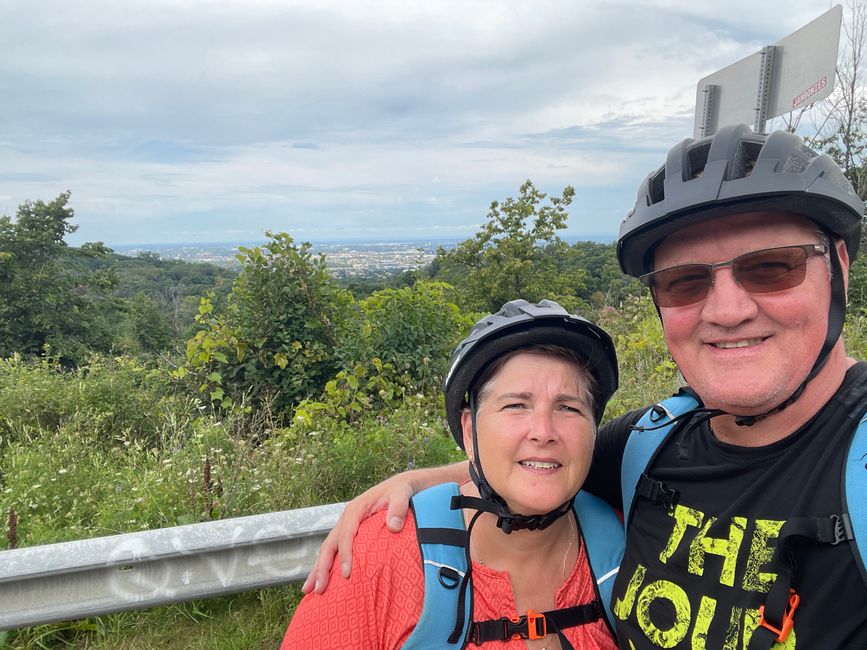
I haven't seen any of the sights yet. After a bit of discussion, which I definitely need to see, the route is adjusted again. I insist on following the urgent call of my inner bastard and cycling straight back downhill, but Shahaatz wants to keep going up.
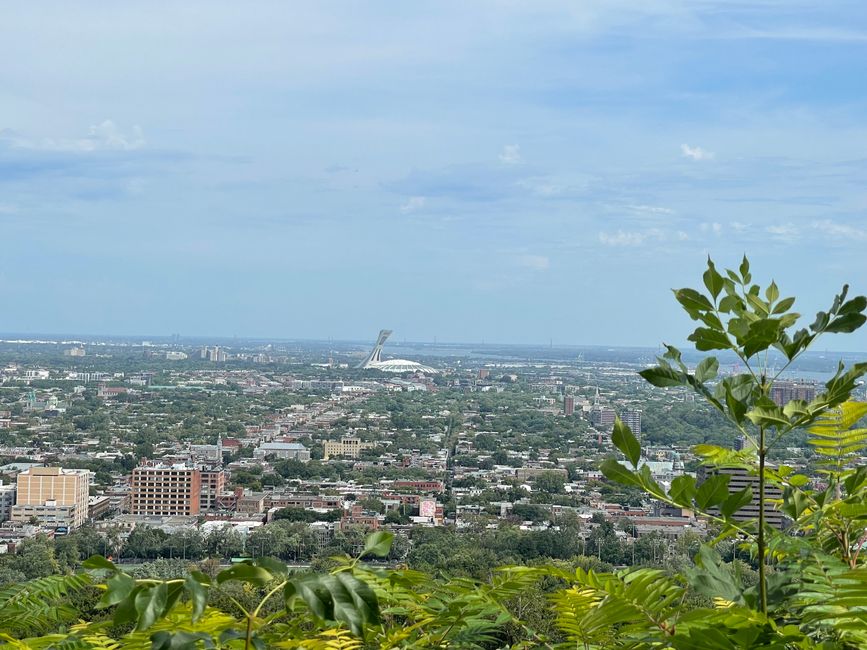
Another 40 meters in altitude, then it goes downhill. We cycle past the first sight, the Saint-Josephs Oratory (French: Oratoire Saint-Joseph du Mont-Royal)
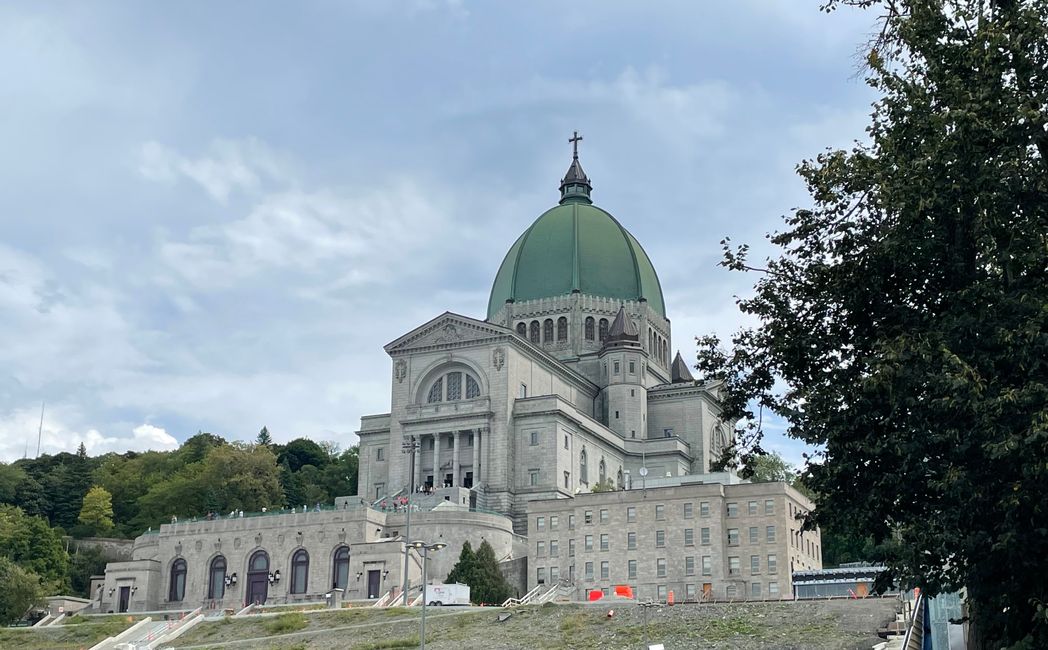
Facts
A Roman Catholic basilica dedicated to Saint Joseph and used as a sanctuary by many pilgrims. The sacred building, which was built between 1924 and 1967, is the largest church in Canada and, with space for a total of 10,000 people, one of the largest in the world. The church, which was built on an elevated level, can be reached via a staircase with 279 steps. The basilica has two organs, the larger of the two was built by Rudolf von Beckerath in Hamburg from 1958 to 1959 and installed in the basilica in 1960.
Construction site here too. We continue through some districts of Montreal.
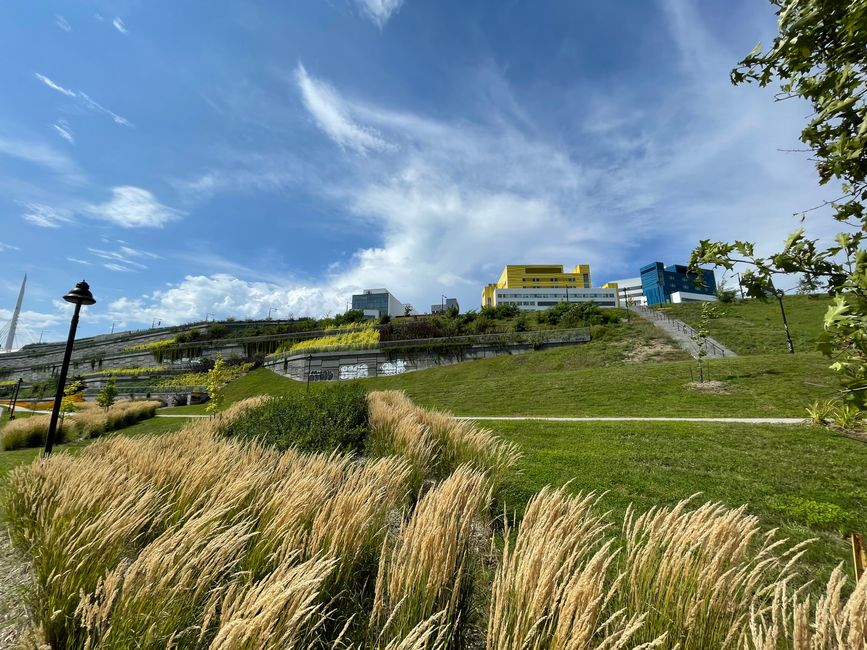
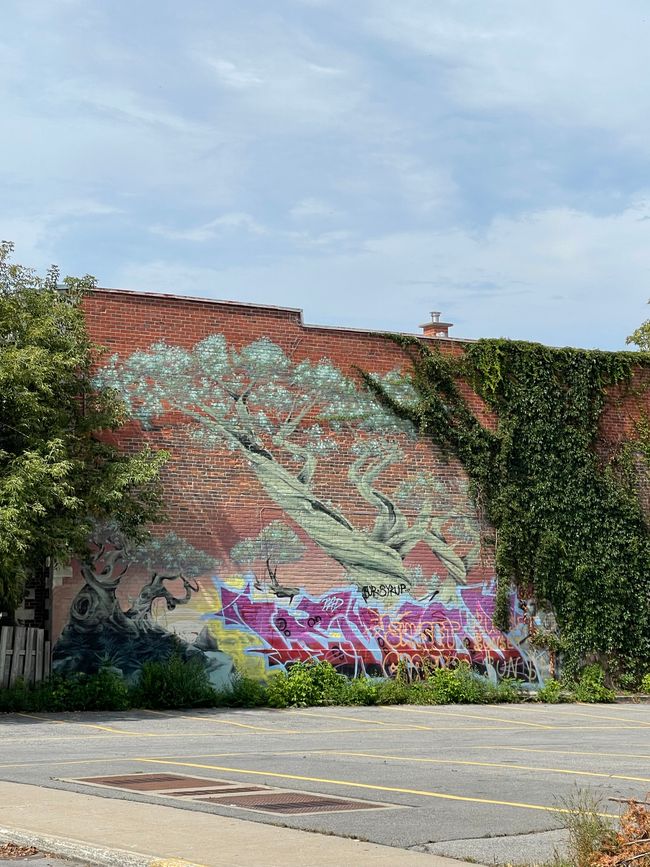
Coincidentally also in Beverly Hills in Montreal.
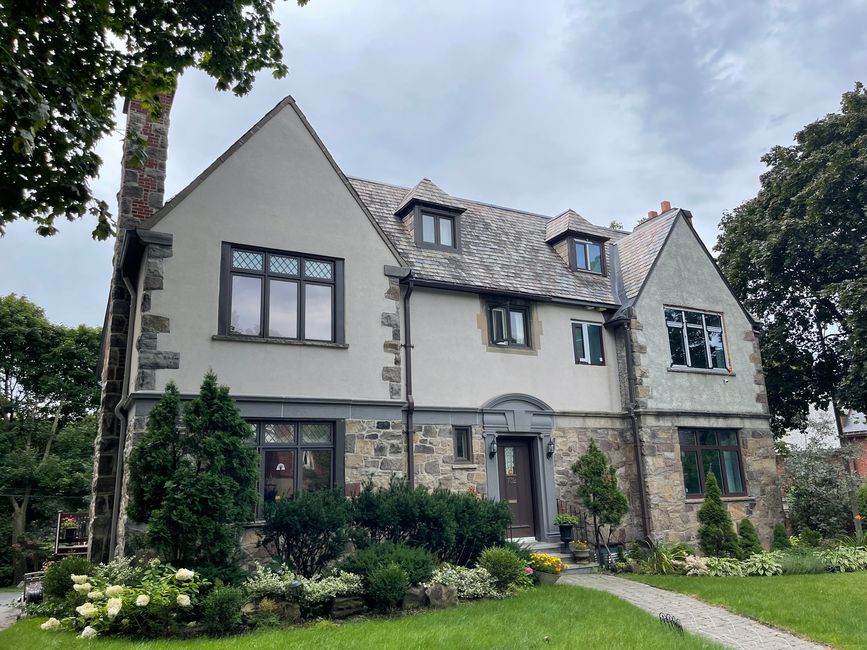
Somehow we are getting further and further away from the city center. An industrial area follows
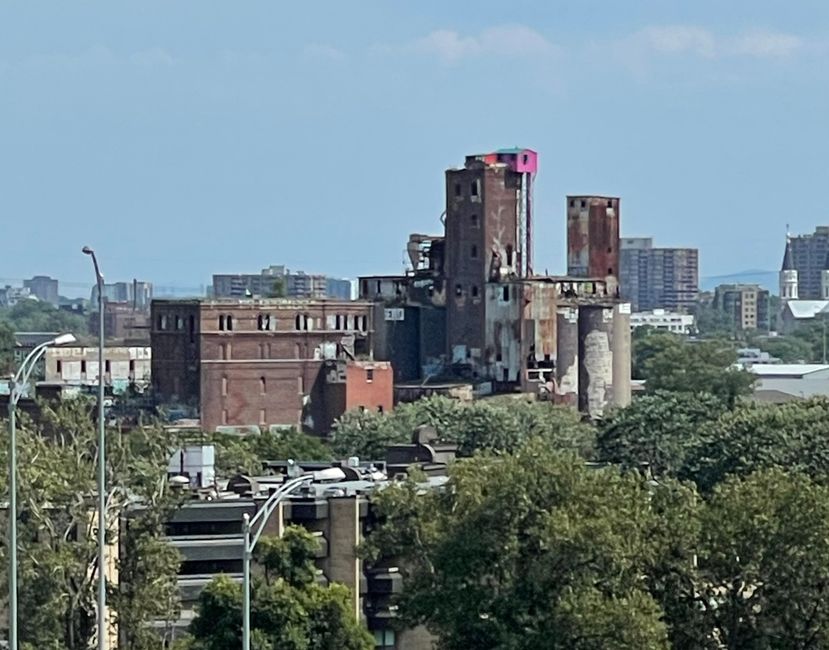
and then finally a cycle path on a canal.
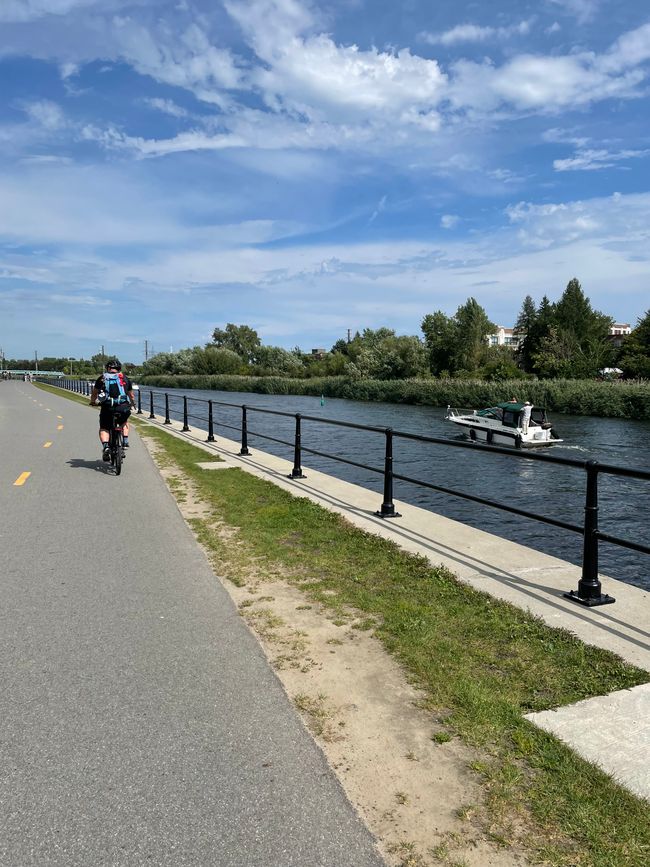
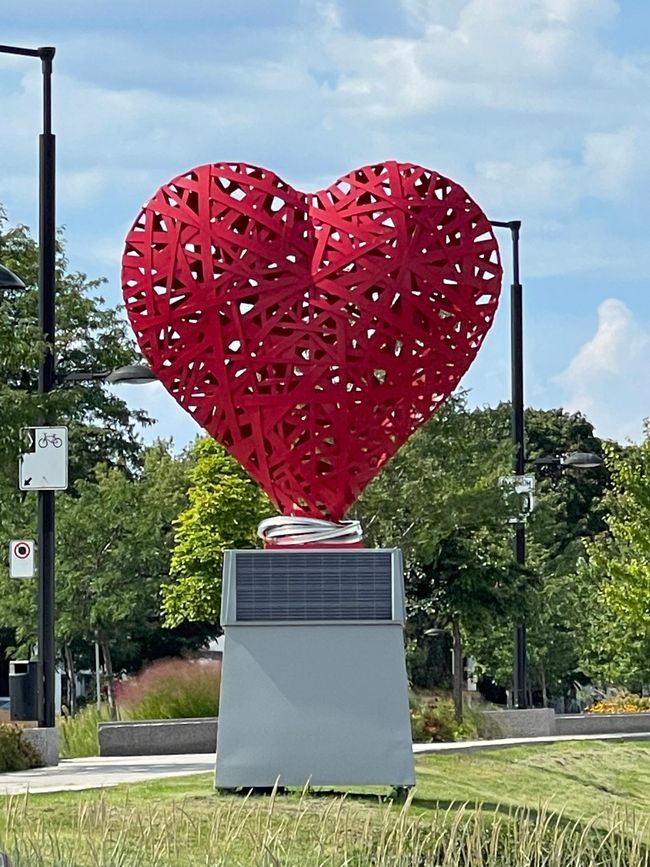
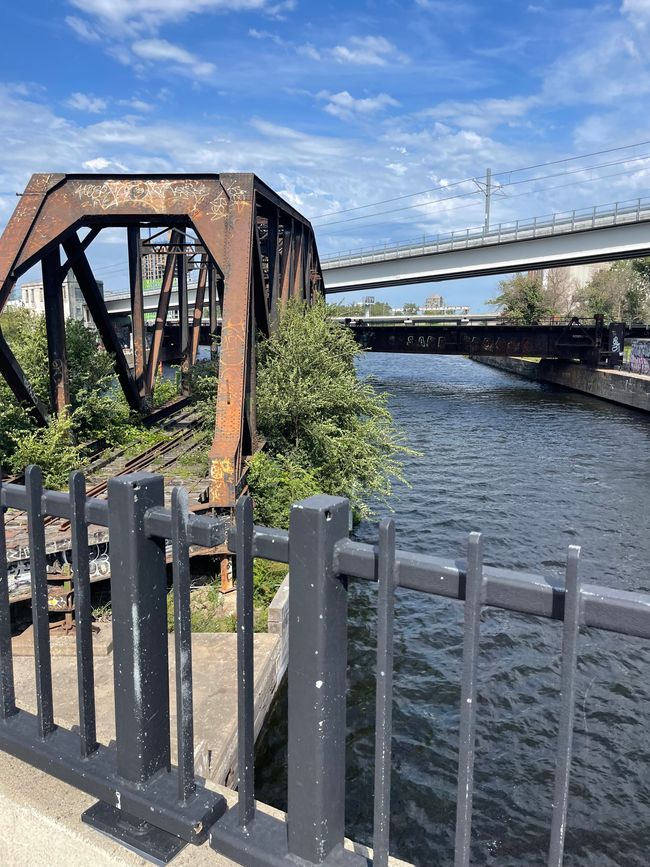
We cycle and cycle and time flies. The plan is to drop off the bikes at 3 p.m. because we're going to Canadian Football tonight. Unfortunately, we won't be able to see any more sights.😩😩. In total we cycled 37.5 km.
On the way to the metro, however, we have to make a detour to Notre Dame de Montreal - it's impossible not to see it.
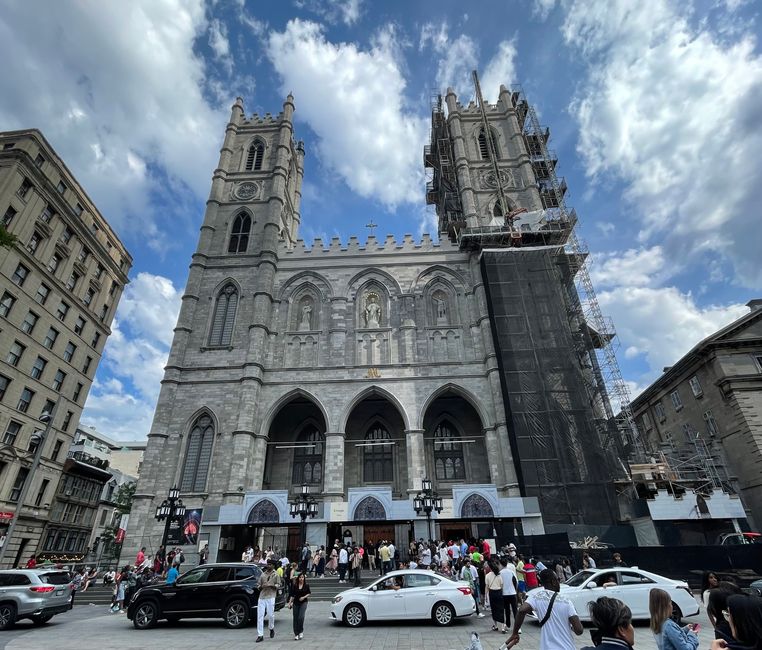
Facts
The Roman Catholic Basilica of Notre-Dame de Montréal (Our Lady of Montreal) was built between 1824 and 1829 in the neo-Gothic style and is now one of the most visited attractions in Montreal. It replaced the parish church of the same name, which had become much too small and was expanded and rebuilt several times. At the time of its completion, the church was the largest on the North American continent north of Mexico. On April 21, 1982, Notre-Dame de Montréal was granted the title of minor basilica by Pope John Paul II. The Casavant Frères organ was the first electrically operated organ in the world, having been installed between 1885 and 1891.
And construction site here too. We're not pure because I don't like that you have to pay an entrance fee for churches. For museums, exhibitions or something like the Eiffel Tower, I'll put up with entrance fees, but for a church - that's where the fun ends.

Another highlight follows in the evening - a game in the Canadian Football League CFL. Watching a football game live is exciting. The local hero the Montreal Alouettes against the British Columbia Lions.
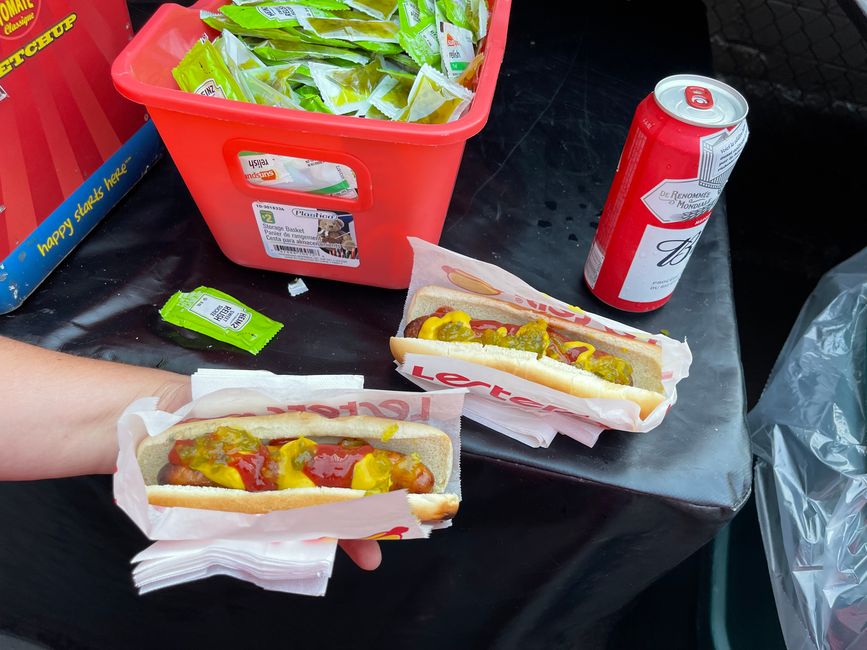
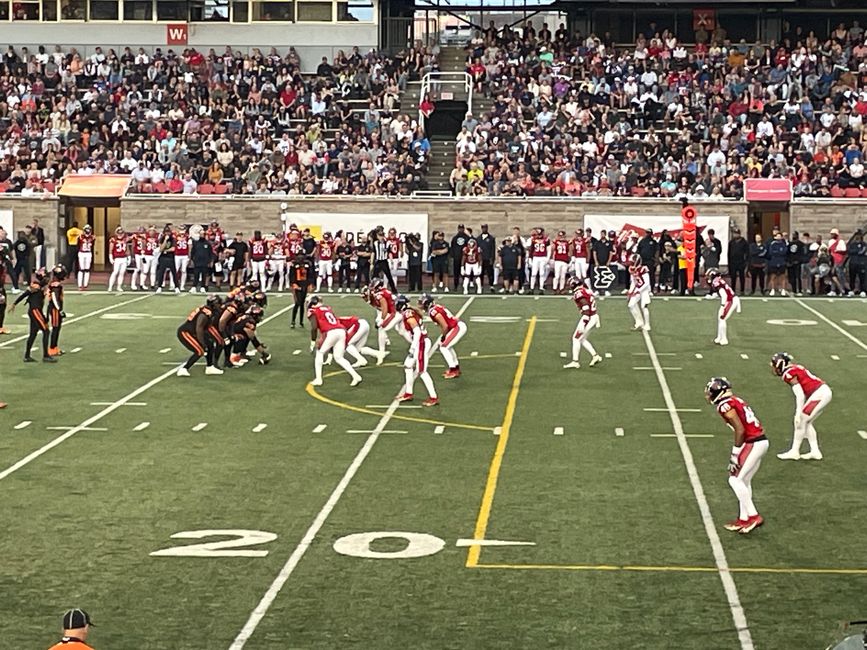
The rules are just slightly different than those of American football. Distances between players at the line of scrimmage, the playing field is slightly larger for the Canadians and supposedly there are 12 people on the field instead of 11. I didn't count that.
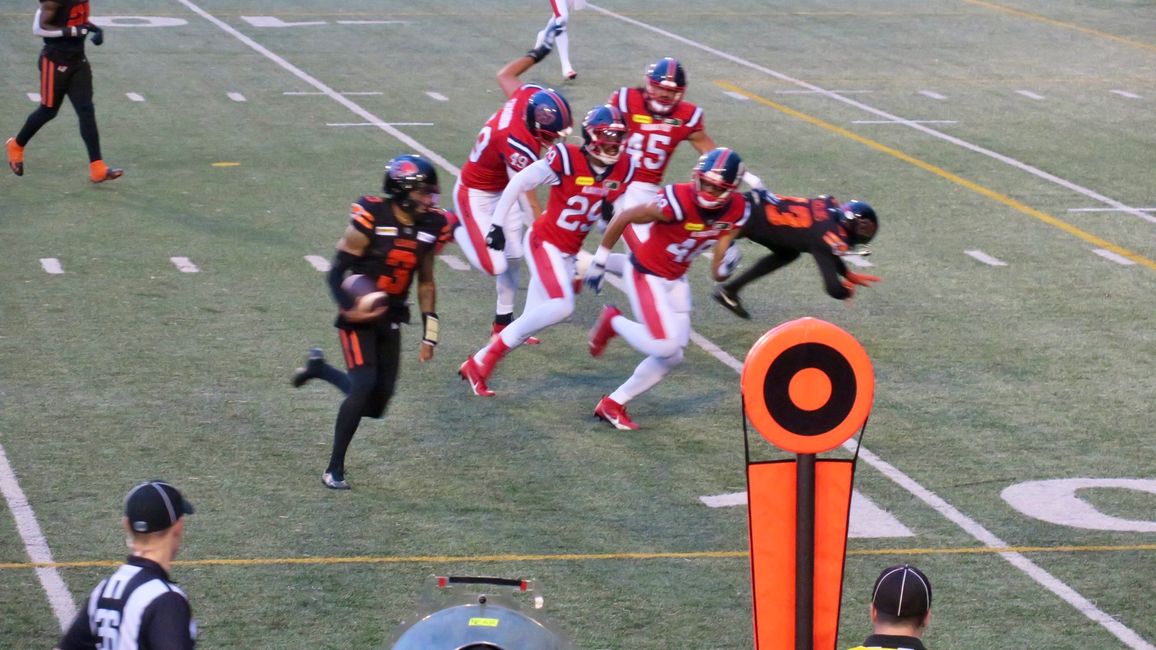
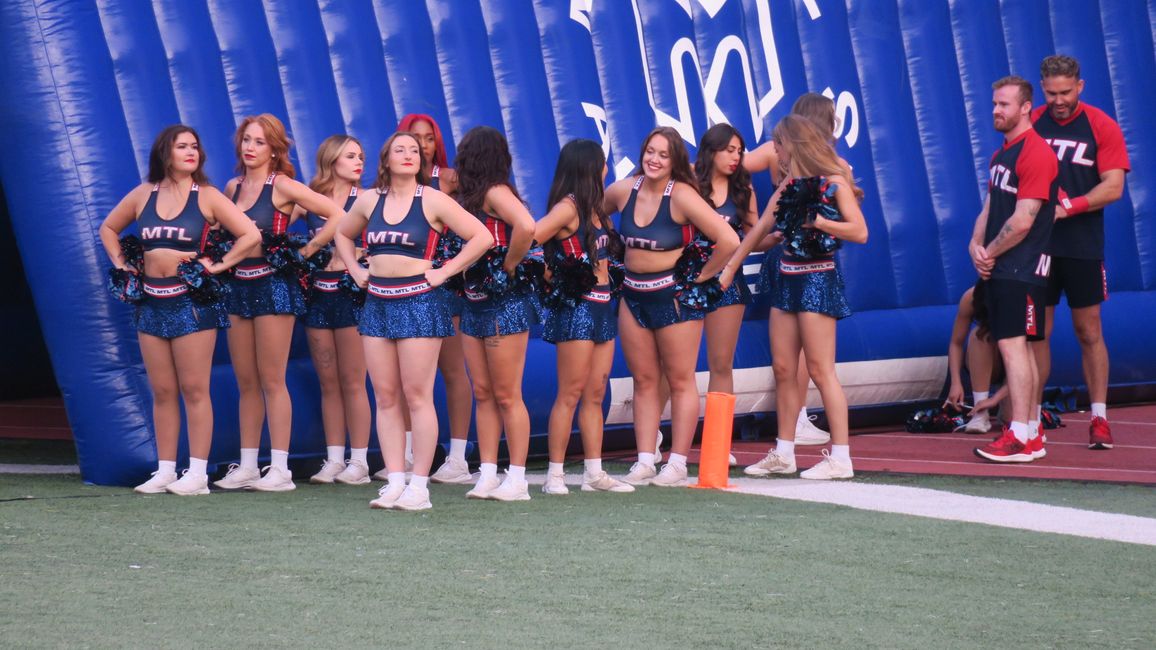
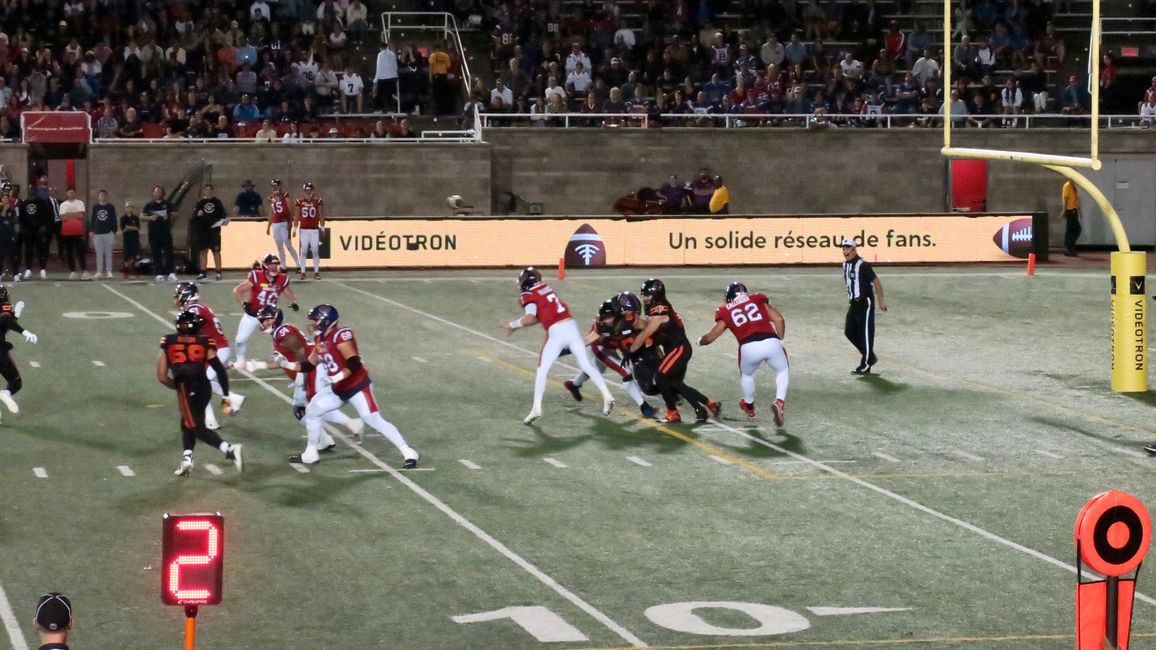
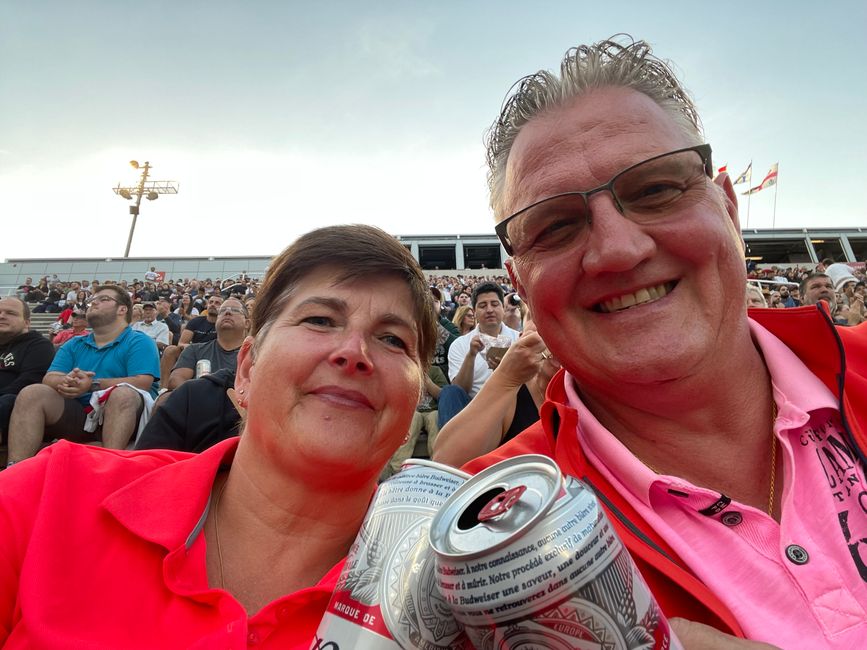
The game starts well, the Alouettes take the ball from the Lions very early, but the Lions are always good at passing throughout the game. At halftime, players who have dedicated their lives to football will be inducted into the Hall of Fame and honored. After the break the game continues neck and neck, ultimately the visitors, the BC Lions, win the game 34:25. We leave the stadium 3 minutes before the end with the well-organized shuttle buses towards the metro. We arrive back at the hotel relaxed and have a bedtime snack before we go to the room to pack.
Mag-subscribe sa Newsletter
Sagot
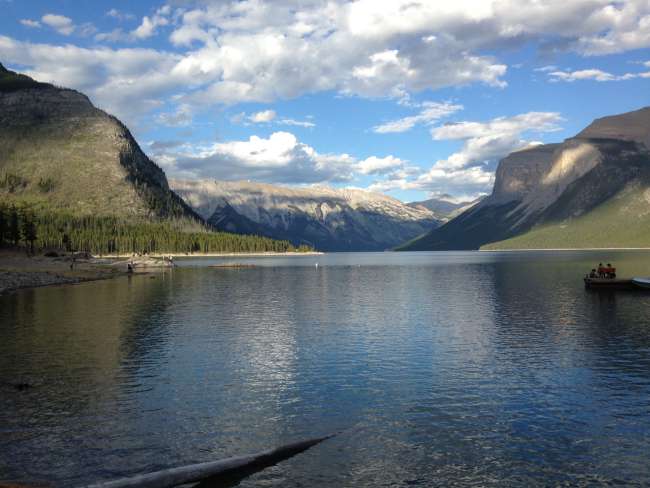
Mga ulat sa paglalakbay Canada

